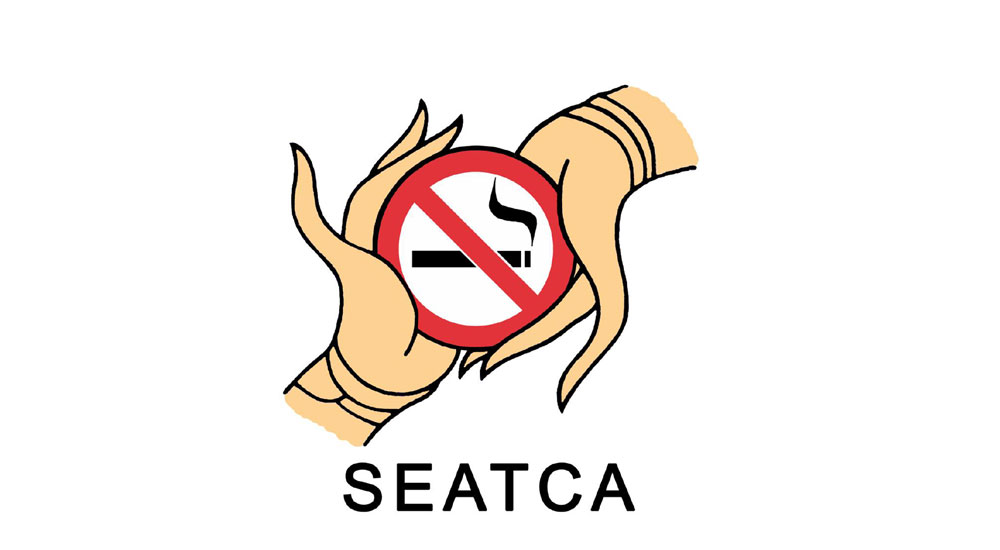
The Southeast Asia Tobacco Control Alliance (Seatca), a coalition of regional advocates for tobacco control, released on Monday the findings of its first-ever Tobacco Industry Interference Index which was aimed at understanding how tobacco companies influence government policies affecting their industry.
MANILA, Philippines—How far can the tobacco industry interfere in the government’s tobacco control measures?
The Southeast Asia Tobacco Control Alliance (Seatca), a coalition of regional advocates for tobacco control, released on Monday the findings of its first-ever Tobacco Industry Interference Index which was aimed at understanding how tobacco companies influence government policies affecting their industry.
Its findings showed that among seven countries in Southeast Asia, the Philippines with a grade of 71 ranked third in having the highest level of “tobacco industry interferences,” or efforts by the industry to disrupt government programs promoting public health through tobacco control.
Brunei had the lowest level of interference (29), followed by Thailand (51), Laos (61) and Cambodia (68).
Indonesia, host to the biggest tobacco plantations in Southeast Asia with tobacco farmers totaling 689,360, has the highest level of tobacco industry interference at 78, followed by Malaysia at 72.
The index is a civil society report prepared by tobacco control groups in the Southeast Asian countries covered in the study.
Dr. Mary Assunta, senior policy advisor of Seatca, said their findings showed that countries with “high levels of unnecessary interaction with the tobacco industry also face high levels of tobacco industry participation in policy development.”
Among the interactions cited in the Seatca report are attendance at social functions and events organized by tobacco companies and acceptance of assistance from tobacco players.
“Brunei, Lao PDR, Malaysia and Thailand do not allow the tobacco industry to sit in the multi-sectoral committee or advisory group that sets public health policy,” Assunta told a press briefing.
She said the governments of Indonesia and Malaysia accept, endorse or consider legislation drafted by or done in collaboration with the tobacco industry.
In the Philippines, the existing law, the Tobacco Regulation Act or Republic Act No. 9211, gives the tobacco industry a seat in the Inter-Agency Committee on Tobacco.
“The tobacco industry works to defeat, dilute and delay effective tobacco control measures,” Assunta said.
Thus, tobacco-control advocates in the region called on governments to prohibit contributions from the tobacco industry, even in the form of aid.
RELATED STORIES
Firm vows to help promote tobacco use vs farm, fishpond pests
Cigarettes more dangerous than ever–US health report

